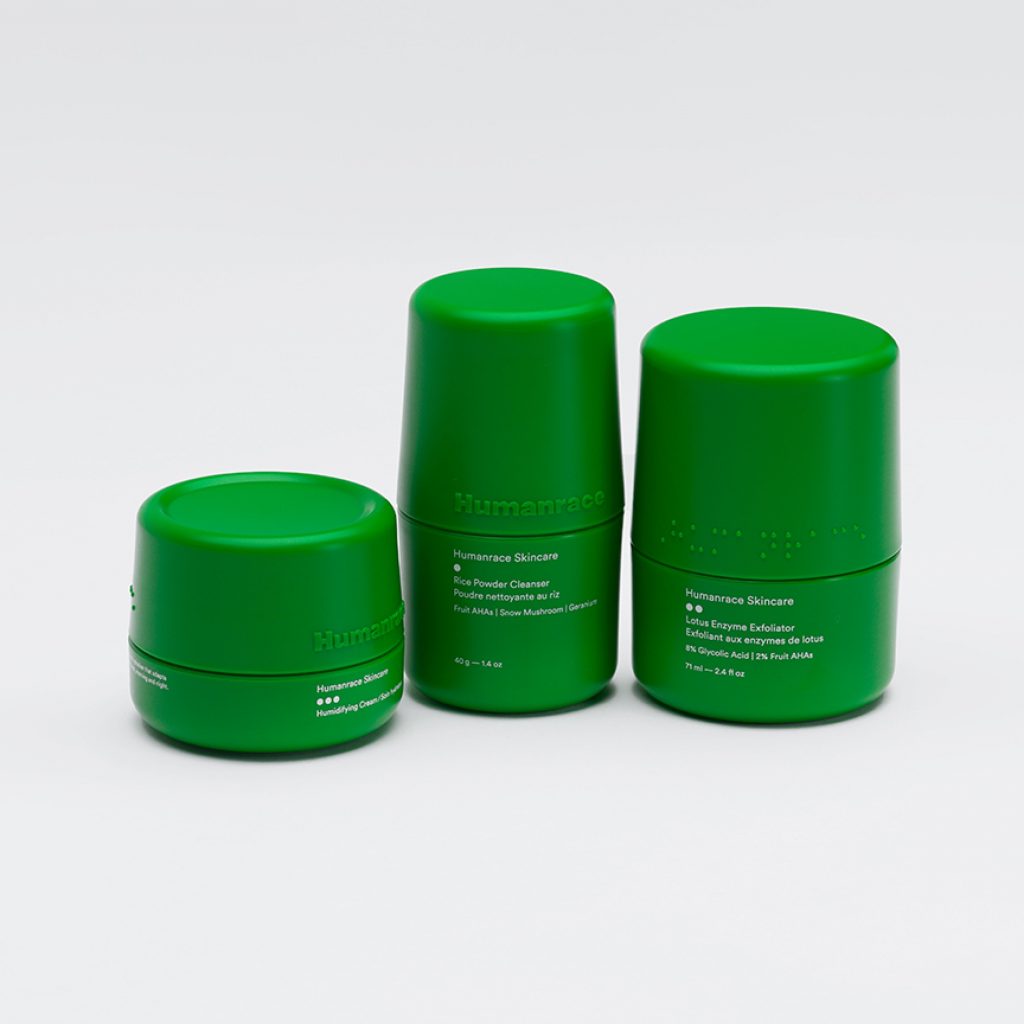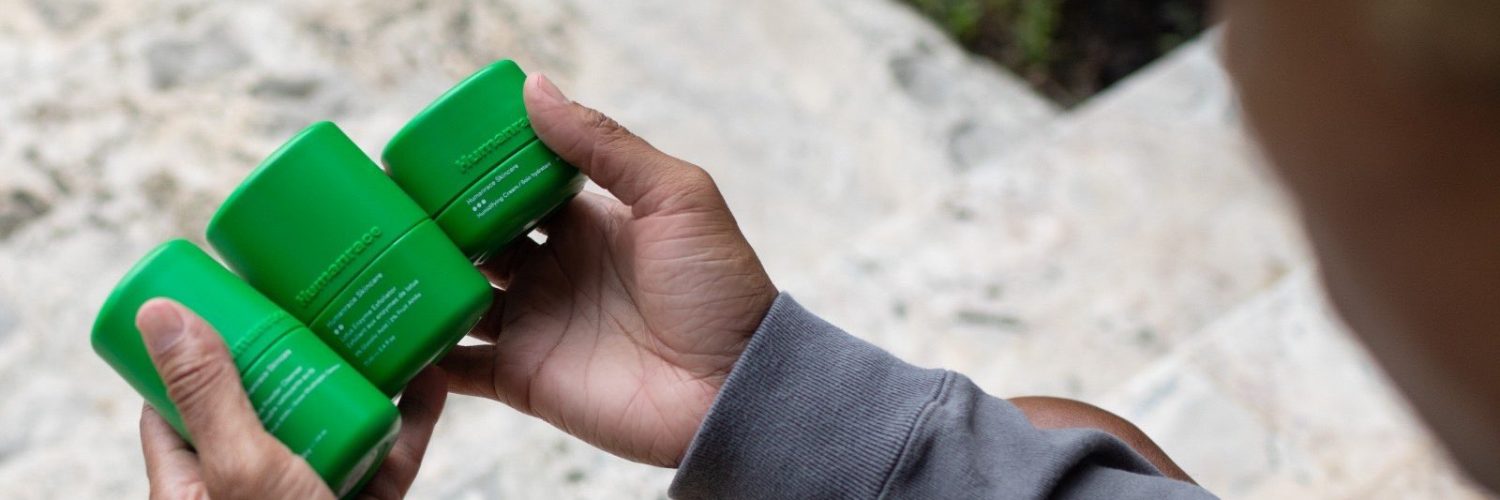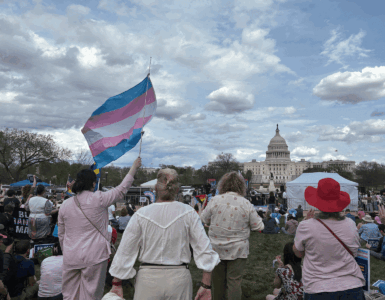What comes to mind when we think of Pharrell Williams? Hats, “Happy” and flawless skin. The 47-year-old industry hyphenate has finally answered the calls of his multi-generational supporters and is releasing a line of skin-care products that he developed alongside his dermatologist of 20 years, Dr. Elena Jones.
The skin-care line will be released on Wednesday exclusively on the website for Humanrace, the musician-designer-entrepreneur’s brand, which is described as “a universe of products and people dedicated to the pursuit of well-being.” The brand will encompass more than skin-care products in the future, but the initial launch will consist of a three-step system, including a cleanser, exfoliator and moisturizer. Though there are a variety of benefits present in the product formulations, exfoliation and hydration are major focuses.

“We’re creating for humans; we are all born in the same skin.”
— Pharrell Williams
The Rice Powder Cleanser, $32, is formulated with rice powder and exfoliants from fruit AHAs, or alpha hydroxy acids. The Lotus Enzyme Exfoliator, $36, contains 8% glycolic acid for skin regeneration. The Humidifying Cream contains mushroom extract and squalane, two ingredients that aid the skin in hydrating and retaining moisture.
From the packaging to the nature of the products, the skin-care system is very simplistic and pretty run of the mill in terms of its claims and those of competitors. However, the Humanrace brand is standing out partially because of its consumer base.
Contrary to most major beauty and skincare companies today, Humanrace has established itself as a brand for all. “Humanrace Skincare doesn’t differentiate by race or gender,” Williams said on the company’s Twitter account. “We’re creating for humans; we are all born in the same skin.”
Beauty enthusiasts are excited to see the launch of a line that will expand its demographic and cater to more than those with already-flawless skin.
“Inclusivity is very important,” says Tiana Jemmott, the 19-year-old owner of cosmetic brand Icy Cosmetics. “A genderless skin-care line will remove a lot of the stereotypes when it comes to men. A lot of men won’t practice skin care, because it’s viewed as feminine.”
Women are the primary market for skin-care products. In fact, 65% of women said they used skin-care products every day, compared to 37% of men in a survey of 1,000 respondents by Statista, a company that provides market and consumer data.
Perhaps related to this is the wide variety of products that are readily available for women, for even the most miniscule of concerns. Beauty standards often dictate that women “need multiple products to maintain beautiful healthy skin and that ‘perfected look,’” the wellness brand Halo Rituals said in a post about marketing inequality on its website. Therefore, skin care is marketed as a “’have to have’ for face, eyes, hands, body, elbows, etc.”
In addition to having so many products available, the price points are often higher for women’s personal care products, because of a phenomenon dubbed the pink tax.
Not only is Humanrace challenging the gender barrier in the beauty industry, the brand is also championing multiple values that are relevant to today’s consumer. Humanrace Skincare products are clean, vegan, fragrance-free and safe for daily use. The line is also sustainable. Similar to Rihanna’s Fenty Skin launch, the products are created with refillable packaging that is constructed from more than 50% recycled materials.
“While we take care of our needs, we should also be taking care of our planet,” Jemmott said.
Though the Humanrace brand is starting its journey with skin-care products, Williams is addressing a need that is much bigger during such an unprecedented time in the United States and in the world at large — the need to be well. Self-care has been a major buzzword of 2020, because of the struggles while quarantining during the coronavirus pandemic.
Though Williams believes that everyone can start by taking just a few minutes for themselves, he also acknowledges that self-care and wellness are personal.
“There is no universal blueprint for well-being,” he said on Twitter. “There is no rulebook. Every human should feel empowered to follow their own path to an improved mind, body and soul.”
Fatou Drammeh is a beauty writer for 101Magazine.net.










Recent Comments